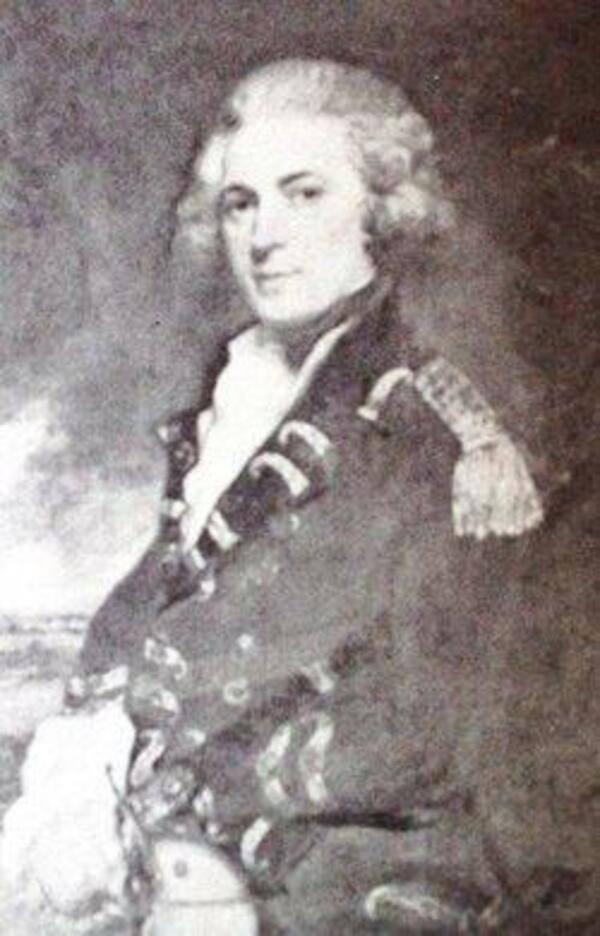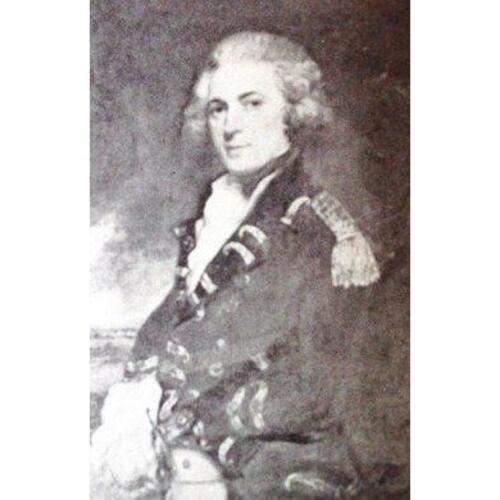
Source: Link
SANDERS (Saunders), JOHN, Church of England clergyman and translator; b. 17 March 1845 at Fort Mattagami (Gogama, Ont.), son of Valentine Sanders and E. Leblanc; m. c. 1870 Frances Swanson, and they had several children; d. 23 Feb. 1902 in Biscotasing, Ont.
John Sanders’s father worked with the Hudson’s Bay Company as a canoe builder. His mother was a native woman, and as a boy John spoke Ojibwa, but he would later learn English and Cree. When he was nine his parents sent him to Moose Factory (Ont.), several hundred miles north of Fort Mattagami, for his education. “I felt as if my youthful heart was ready to break,” he was to write of his departure. He attended the Anglican school run by the Reverend John Horden* and lived with his grandmother in her “little comfortable house.” The energetic old woman and her grandson supported themselves through hunting and cut their firewood together. So much time was spent in these activities that after two years of schooling John could read only a little and could hardly write.
Around 1857 he returned to his family, who now lived at Flying Post (Kukatush), northwest of Fort Mattagami. When he was 14, one year short of the age requirement for service in the HBC, his father made a special appeal to John McKenzie, then in charge of Moose Factory, and young John was allowed to become a cooper’s apprentice. He worked for the company until 1870. Whenever he could he attended Horden’s night classes to improve his reading and writing.
Horden was determined to promote the establishment of a native clergy in the James Bay area and took a special interest in Sanders. After Sanders left the HBC, Horden sent him to Flying Post and Mattagami to teach the Ojibwa there about Christianity. When Horden sailed for London in 1872 to be consecrated first bishop of Moosonee, he left Sanders in charge of mission work at Moose Factory. As Sanders acquitted his responsibilities well, Horden then had him go to study for eight months at St John’s College in Winnipeg. Upon his return Sanders continued to prepare for the ministry. He was ordained deacon in May 1876 and priest in May 1879 at Moose Factory.
Shortly after his ordination as deacon he was sent back to Fort Mattagami, where he worked for a decade to establish an Anglican presence and anti-Roman Catholic stronghold on the southern border of the diocese. Around 1885, after the Canadian Pacific Railway was built south of Fort Mattagami, Sanders moved to the small lumbering town of Biscotasing on the railway line, and from there regularly visited half a dozen communities, both native and non-native, until his death 17 years later.
Sanders contributed greatly to mission work with his translations into Ojibwa. In the winter of 1878–79 he and Horden translated the Moosonee hymn-book, the service of morning prayer, and the Gospel of St Matthew. During the winter of 1881–82 he helped Horden translate the Acts of the Apostles. Later the complete Book of Common Prayer was published. All of these works were printed in Horden’s and Sanders’s adaptation of the syllabary developed by James Evans*.
Although remembered as a strict minister, Sanders had the reputation in Biscotasing of being fair and friendly. In physical appearance he was short of stature and had strong native features. The respect he enjoyed is shown by the number of people, Roman Catholics and Protestants, non-natives and natives, who attended his funeral.
[Various details of John Sanders’s life and ministry were drawn from several interviews conducted by the author in 1972–73, including personal reminiscences of Mary Charlotte (Lottie) Phillips (Sawyer), a member of Sanders’s congregation around 1900 (interviewed at Biscotasing, Ont., 25 March 1972), and Tom Potts, an elderly Ojibwa who as a boy of about 10 had known Sanders in Biscotasing at the turn of the century (interviewed at North Bay, Ont., 10 Feb. 1973). Genealogical information was supplied by Charles Swanson of Chapleau, Ont., a nephew of Sanders, and David Soulière of Missanabie, Ont., a great-nephew, both interviewed on 3 June 1973. d.b.s.]
A complete listing of Horden’s and Sanders’s translations appears in Masinahikan: native language imprints in the archives and libraries of the Anglican Church of Canada, comp. Karen Evans (Toronto, 1985).
ACC, Diocese of Moosonee Arch. (Schumacher, Ont.), J. G. Anderson, diary; Diocesan file, information on John Sanders. NA, MG 17, B2, C, C.1/O, John Sanders, “My autobiography,” received 18 July 1876 (mfm.). Private arch., D. B. Smith (Calgary), Letter from J. [S.] Long, Moosonee, Ont., 24 July 1984. T. C. B. Boon, The Anglican Church from the Bay to the Rockies: a history of the ecclesiastical province of Rupert’s Land and its dioceses from 1820 to 1950 (Toronto, 1962). J. S. Long, “‘Shaganash’: early Protestant missionaries and the adoption of Christianity by western James Bay Cree, 1840–1893” (ed.d. thesis, Univ. of Toronto, 1986). Moosonee and Keewatin Mailbag (Moosonee), 2 (1901–2): 26–27 (letter by John Sanders, dated Biscotasing, 24 July 1900), 131, 133 (copies at ACC, General Synod Arch., Toronto).
Cite This Article
Donald B. Smith, “SANDERS (Saunders), JOHN (1845-1902),” in Dictionary of Canadian Biography, vol. 13, University of Toronto/Université Laval, 2003–, accessed March 1, 2026, https://www.biographi.ca/en/bio/sanders_john_13E.html.
The citation above shows the format for footnotes and endnotes according to the Chicago manual of style (16th edition). Information to be used in other citation formats:
| Permalink: | https://www.biographi.ca/en/bio/sanders_john_13E.html |
| Author of Article: | Donald B. Smith |
| Title of Article: | SANDERS (Saunders), JOHN (1845-1902) |
| Publication Name: | Dictionary of Canadian Biography, vol. 13 |
| Publisher: | University of Toronto/Université Laval |
| Year of publication: | 1994 |
| Year of revision: | 1994 |
| Access Date: | March 1, 2026 |



